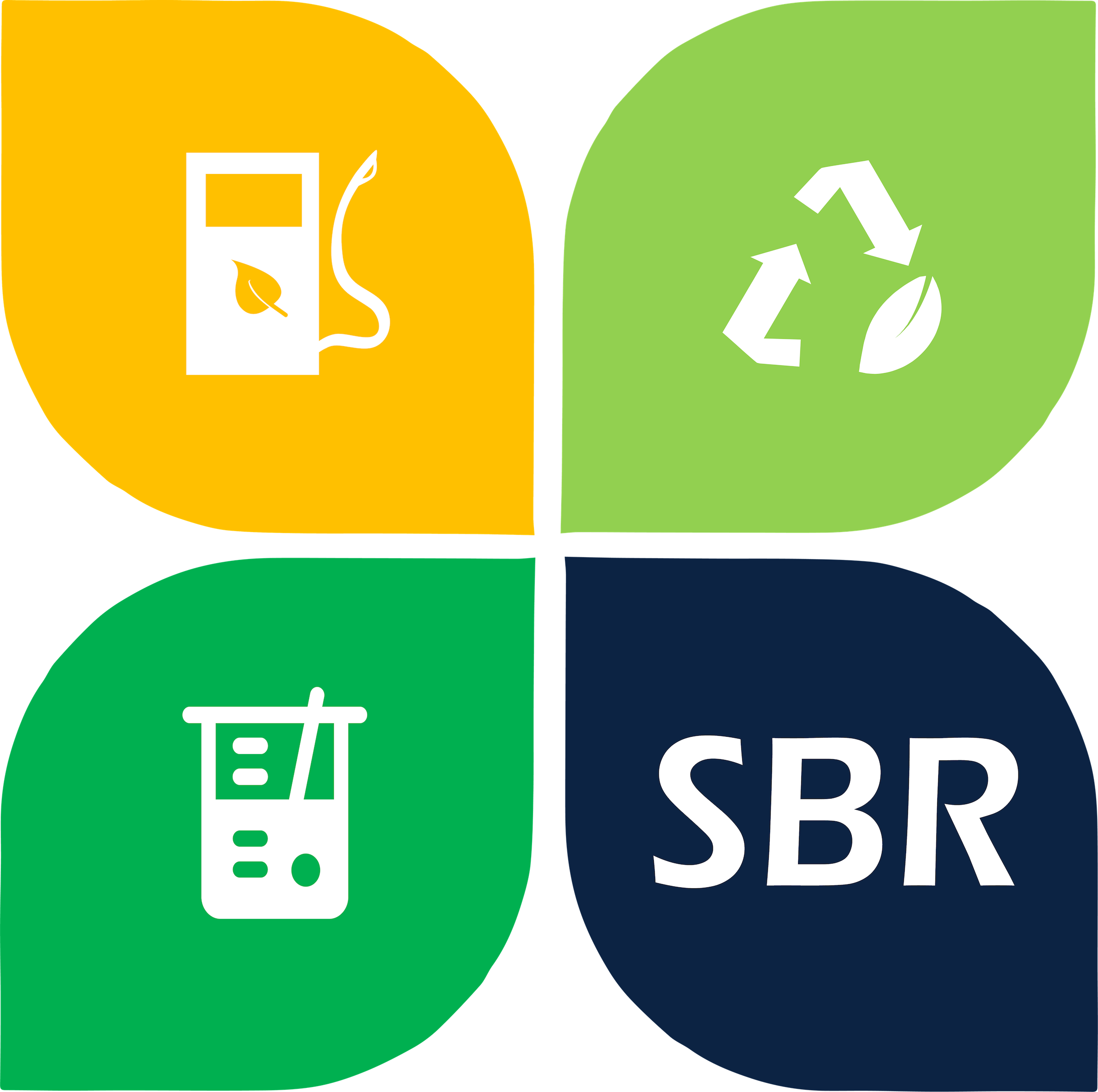UBC
BEST 202 Alternative Energy Systems
- A comprehensive introduction to technologies for safe, clean, and sustainable supplies of energy. Examples include direct solar energy, bioenergy, liquid biofuels, hydro and tidal, wind, and geothermal. In addition to technological aspects, students will explore the economic, social, environmental, and policy issues raised by these systems of energy use and production.
- Terms: 2020 W2, 2021 W2, 2023 W2, 2024 W2, 2025 W2
- Sample syllabus: BEST202_2024_W2
BEST 402 Industrial Ecology
- The students will learn the knowledge and skills of industrial ecology for solving the complex problems related to sustainable development. The course will integrate elements of science, technology, and policy into the learning activities covering key topic areas such as climate change, resource efficiency and sustainable bioeconomy. Guest lecturers from academic, industrial and governmental sectors will bring a diverse perspective of current progress and challenges in these topic areas. The students will gain hands-on experiences with major industrial ecology methods during tutorial sessions. The tutorial sessions will also include participatory exercises related to emerging topics with grand challenges to society, where the students will apply the knowledge and skills to design solutions to those grand challenges.
- Terms: 2022 W1, 2023 W1, 2024 W1, 2025 W1
- Course wiki
BEST 502 Advanced Life Cycle Assessment
- This course will equip graduate students with advanced knowledge and skills to analyze, evaluate, and create comprehensive solutions to complex sustainability challenges from LCA perspectives. Students will analyze the applications of LCA in the frameworks, such as the European Commission’s Product Environmental Footprint (PEF) and the EU’s Carbon Border Adjustment Mechanism (CBAM). Progressing from foundational concepts to advanced techniques, students will model multifunctional product systems, parameterize LCA models, and incorporate biogenic carbon considerations. Students will learn how to conduct uncertainty analyses, apply LCA to emerging technologies, and investigate prospective and consequential LCA studies. They will also develop strategies to bridge data gaps using alternative modeling techniques. Proficiency in LCA software will be achieved through hands-on experience with OpenLCA and Brightway, progressing from simple scripting to complex applications such as wurst and premise, alongside tools for data management and database customization.
- Terms: 2025 W2
- Sample syllabus:
[Microcertificate] Environmental Footprints of Organizations
- The Environmental Footprints of Organizations Micro-Certificate is an innovative, eight-week online program designed to equip professionals with critical skills in life cycle environmental assessment and greenhouse gas reporting. This flexible program delves into the methodologies and practices vital for understanding and applying environmental assessment within organizations. Participants will explore a variety of climate change mitigation and adaptation strategies to support sustainable economic development, addressing a notable skills gap in the labor market. Through a carefully structured curriculum that mirrors current job market demands, this micro-certificate prepares learners to proficiently handle tasks such as data preparation for greenhouse gas reporting. The program comprises three pivotal courses, starting with an introduction to life cycle assessment, moving into the specifics of organizational life cycle assessment, and concluding with the intricacies of greenhouse gases reporting. This progression ensures that participants not only grasp the theoretical underpinnings but also gain practical experience in environmental impact evaluation, data management, and reporting, making them immediately valuable in their professional roles.
- Course registration page
LCA Clinic for SMEs (Sauder School of Business)
- The LCA Clinic for SMEs is a pioneering program at the Centre for Climate and Business Solutions at UBC Sauder School of Business that integrates academic insights with practical business applications. This initiative offers a unique platform for Small and Medium Enterprises (SMEs) and UBC Sauder students to collaborate on Life Cycle Assessments (LCAs), enhancing their understanding of environmental impacts and fostering sustainable business practices.In this 2-Day Workshop, students will learn the principles and concepts necessary to create a life cycle model and apply their knowledge to support SMEs participating in the program.This program is tailored for companies with a minimum viable product and a defined supply chain, as well as Sauder students in graduate programs and senior undergraduates (4th-year students) eager to apply sustainability concepts practically.
- Course registration page
Past
WOOD 491 Environmental Facilities Design
- This course will enable students to use the LCA method to evaluate the environmental impact of products and organizations from a life cycle perspective (i.e. from cradle-to-grave). Students will develop a ground-up understanding of LCA based on the International Organization for Standardization (ISO) 14000 series of environmental management standards and the UNEP/SETAC Guidance on Organizational Life Cycle Assessment, and how they are applied in different sectors of the economy, including for corporate social responsibility and green building programs.The course will also prepare the students towards working as technical professionals or managers in wood products processing plants. Students will understand major hazards in the wood industry and learn the technological solutions to protect themselves and colleagues. Students are expected to grow big-picture environmental awareness, of the wood products sector in particular.
- Terms: 2021 W2, 2022 W2
- Sample syllabus: WOOD491_2021_W2_syllabus
